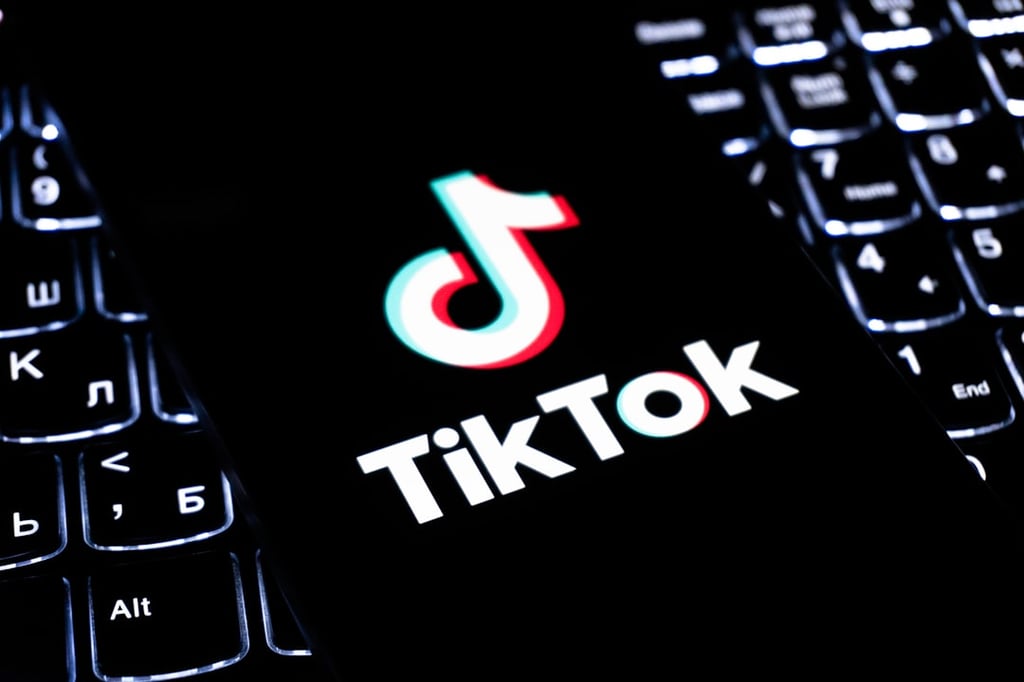Datamation content and product recommendations are
editorially independent. We may make money when you click on links
to our partners.
Learn More
T-Mobile has confirmed that CEO Mike Sievert is stepping down effective November 1, with current COO Srinivasan Gopalan taking the helm.
Industry insiders were not entirely blindsided. Speculation erupted three months ago about Sievert’s early departure, even though his contract runs through 2028. Why now?
T-Mobile says these moves will drive “future growth and cement its lead in network performance”, their network was named best by Ookla earlier this year. Industry watchers see a deeper strategy at work.
What this means for T-Mobile’s future
Under Sievert’s five-year reign since 2020, shares rose 75 percent and the company set new market cap records for wireless providers. That is a hard act to follow.
Even so, analysts argued three months ago that Gopalan might be “better suited for the task that lies ahead”, namely convergence and bundling wired and wireless services. As T-Mobile branches into fiber and leans into a premium posture, his global telecom background fits the brief.
Reuters points out that the leadership transition is because the telecom company works to defend its 5G lead in a saturated U.S. wireless market.
Wireless carriers are contending with slowing subscriber growth, intensifying competition, and more cautious consumers who are reluctant to pay for premium plans.
The industry has also undergone major consolidation, most notably T-Mobile’s $26 billion merger with Sprint in 2020. The deal reshaped the U.S. telecom landscape, cementing Verizon, AT&T, and T-Mobile as the dominant “big three” providers while drawing antitrust scrutiny.
When asked about future mergers and acquisitions, Gopalan told Reuters the company is instead prioritizing investments in spectrum and fiber infrastructure.
T-Mobile used the Sprint merger to expand its customer base, gaining share in both postpaid and prepaid markets and becoming the fastest-growing U.S. carrier. Under Sievert’s leadership, the company surpassed AT&T to become the nation’s second-largest wireless provider, behind Verizon.
Aggressive promotions, bundled perks, and streaming partnerships further bolstered T-Mobile’s competitive edge.
Sievert, who became CEO in April 2020, will move to the newly created position of vice chairman and advise on long-term strategy, innovation, and talent development.
Gopalan “brings a wealth of experience and is a very impressive leader, and they’ve handled this transition exceptionally well. I don’t expect there to be any fall-off at all in T-Mobile’s performance,” MoffettNathanson analyst Craig Moffett said.
Gopalan, currently the chief operating officer of T-Mobile, had held senior leadership positions at Bharti Airtel, Capital One, and Vodafone and most recently served as the CEO of Deutsche Telekom’s Germany business, where he was credited with doubling the company’s growth rate and scaling its fiber business.







